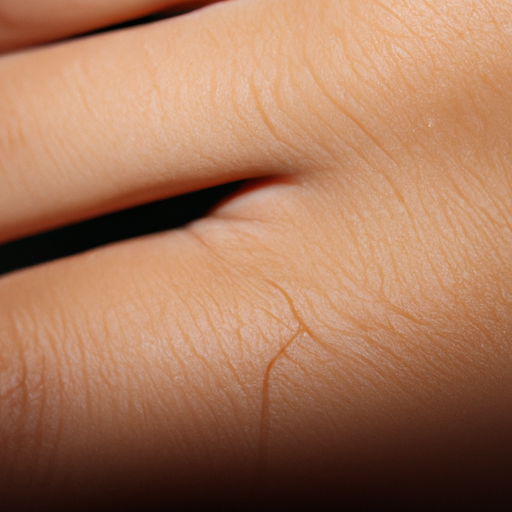As a dermatologist, I encounter patients with various skin conditions, and one of the most common complaints is oily skin. Oily skin can be a nuisance, causing a shiny complexion, enlarged pores, and frequent breakouts. However, with the right skincare regimen and lifestyle changes, it is possible to manage oily skin effectively. Here are six essential tips to help you combat oily skin and banish the shine.
1. Use a Gentle Cleanser: The first step in controlling oily skin is to cleanse your face twice a day – once in the morning and once at night. However, avoid using harsh soaps or detergents as they can strip your skin of its natural oils, causing it to produce more oil to compensate. Instead, opt for a gentle, oil-free cleanser that will remove excess oil without drying out your skin.
2. Exfoliate Regularly: Exfoliating helps remove dead skin cells that can clog pores and cause oil to build up. However, over-exfoliation can irritate the skin and stimulate oil production. Therefore, it’s recommended to exfoliate once or twice a week with a gentle scrub or a chemical exfoliant containing salicylic acid or alpha-hydroxy acids.
3. Use Oil-Free and Non-Comedogenic Products: When choosing skincare products, look for those labeled “oil-free” and “non-comedogenic.” These products won’t clog your pores or cause acne. This applies to everything from your cleanser and moisturizer to your makeup products.
4. Don’t Skip Moisturizer: Many people with oily skin believe they should avoid moisturizers. However, moisturizing is an essential step in any skincare routine. When your skin is dehydrated, it can actually produce more oil to compensate. Therefore, even if you have oily skin, you should still use a lightweight, oil-free moisturizer daily.
5. Watch Your Diet: Your diet can also affect your skin’s oil production. Foods high in sugars, fats, and unhealthy oils can stimulate oil production, leading to a shinier complexion. Instead, opt for a balanced diet rich in fruits, vegetables, lean proteins, and whole grains. Additionally, staying hydrated by drinking plenty of water can also help keep your skin healthy and less oily.
6. Seek Professional Help: If you’ve tried various remedies and your oily skin persists, it may be time to seek professional help. A dermatologist can assess your skin type and condition and recommend treatments that can help control your oil production. These treatments may include prescription creams or lotions, oral medications, or even medical procedures like laser therapy or chemical peels.
Remember, everyone’s skin is unique, and what works for one person may not work for another. It may take some trial and error to find the right combination of products and lifestyle changes that work best for you. However, with patience and consistency, you can effectively manage your oily skin and achieve a healthier, more balanced complexion.
In conclusion, while oily skin can be a challenge to manage, it’s not impossible. By following these six essential tips – using a gentle cleanser, exfoliating regularly, choosing oil-free and non-comedogenic products, moisturizing daily, maintaining a healthy diet, and seeking professional help when needed – you can combat oily skin and banish the shine. Remember, the goal isn’t to eliminate oil completely but to maintain a healthy balance. After all, some oil is necessary for keeping your skin hydrated and protected.



